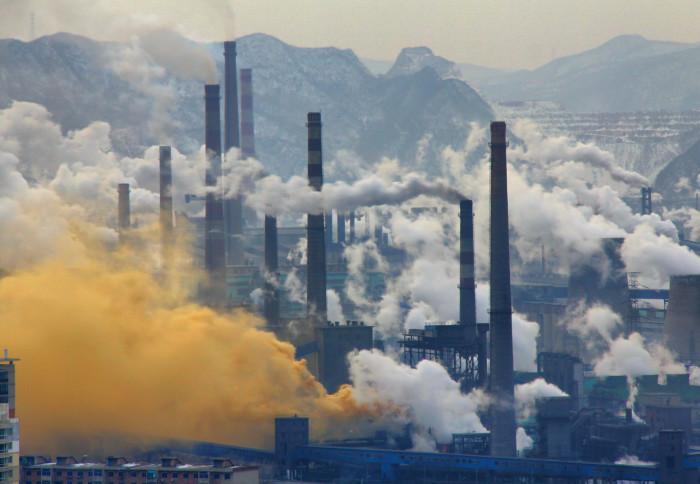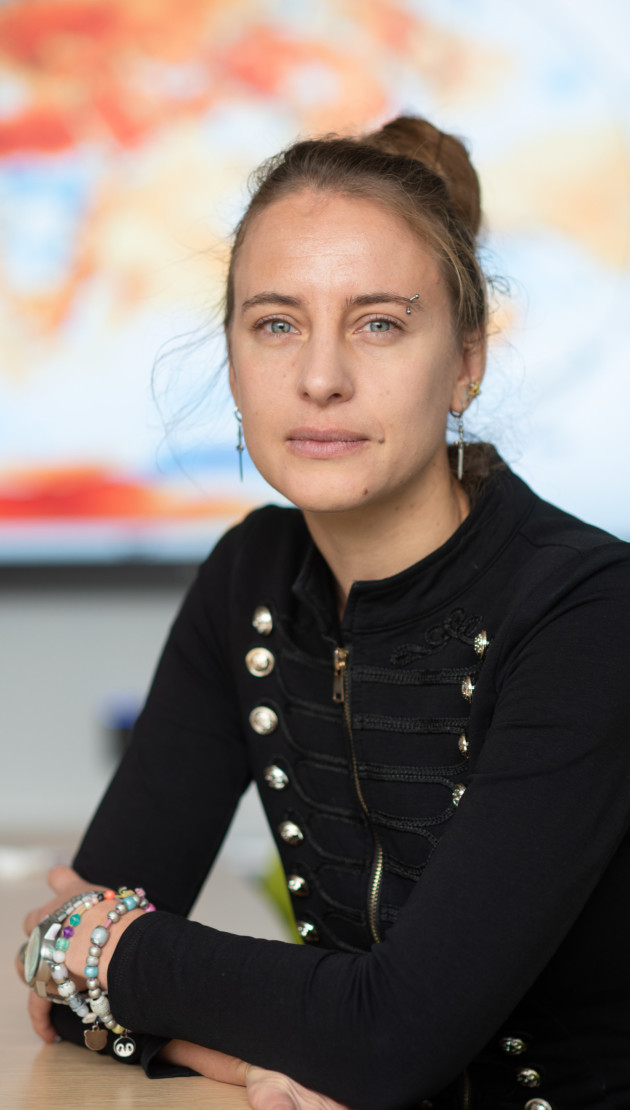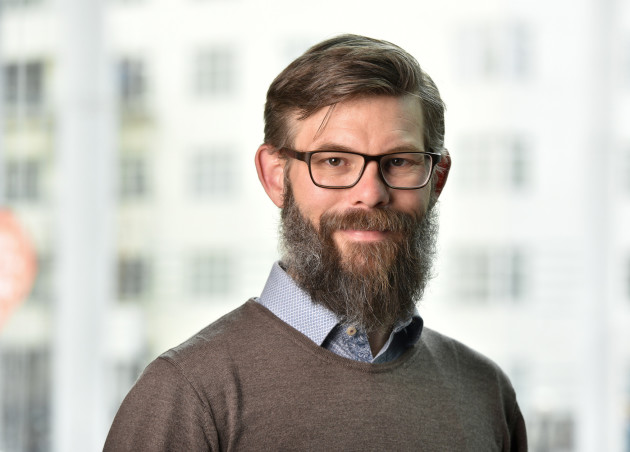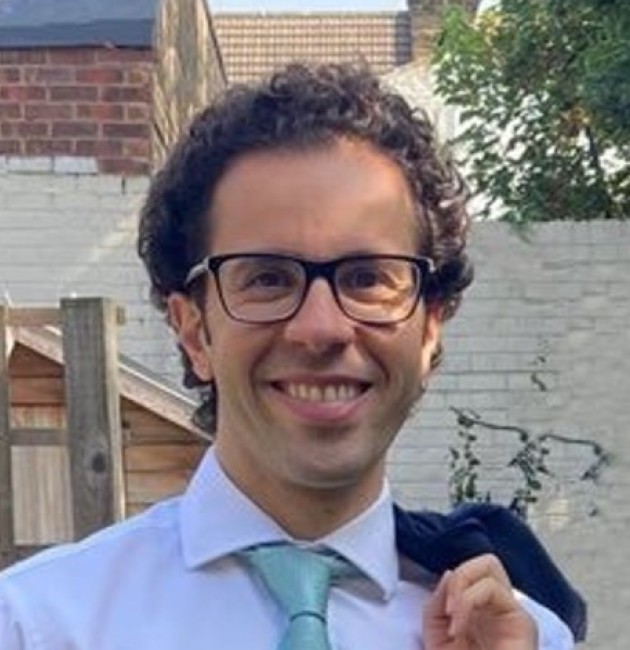A deep dive into the latest IPCC report with Imperial climate scientists

Image by Andreas Habich
Don’t let the acronyms scare you away – the Intergovernmental Panel on Climate Change’s (IPCC) latest report is a big deal.
Published this afternoon, the report is titled the ‘Synthesis Report of the IPCC Sixth Assessment Report (AR6).’
Let’s break that down.
The AR6 Synthesis Report acts as a grand summary of the latest and most important science on climate change. It synthesises multiple lines of scientific evidence from all three special reports and working group reports published during the Sixth Assessment Report period, between August 2021 and September 2022, to guide governments and policymakers over the next several years. The reports include:
- The physical science of climate change
- The impacts of climate change on people and societies
- Mitigating climate change – what we need to do to reduce greenhouse gas emissions
- The impacts of global warming of 1.5°C
- Climate change and land
- The ocean and cryosphere in a changing climate
The IPCC publishes assessment reports every six to seven years – that’s the ‘AR6’ bit.
The fifth assessment report was completed in 2014 and the next report, AR7, is expected to be published around 2030.
So, what’s so important about the AR6 Synthesis Report then?
The report is the last of the Sixth Assessment Report products, based on thousands of pages of evidence from hundreds of the world’s leading scientists and has been described by the UN Chief as a "survival guide for humanity."
On the release of AR6, we asked several Imperial College climate scientists for their take on the report.
Dr Friederike Otto, Senior Lecturer in Climate Science at Grantham Institute - Climate Change and the Environment
 "The headline message of the new Synthesis Report sounds very familiar, and of course we’ve known for decades that burning fossil fuels is the cause of rising temperatures.
"The headline message of the new Synthesis Report sounds very familiar, and of course we’ve known for decades that burning fossil fuels is the cause of rising temperatures.
"What the new Synthesis Report shows is the gravity of the problem. The very first figure shows all the human and natural systems that are already adversely affected. In other words, many more people have lost their lives and livelihoods than originally thought.
"Research by the World Weather Attribution has highlighted that climate change is bringing suffering to the world’s poorest and most vulnerable countries through extreme weather events. This research is a big part of the new evidence assessed in the report.
"What this report also shows with much more clarity than ever before is the inequity of climate change – those causing the problem are not the ones that are suffering the consequences.
"If we do not reduce greenhouse gas emissions to zero rapidly and sustainably, those most vulnerable – who have emitted far less than the rich nations and people – will continue to suffer.
"We need to stop burning fossil fuels. We know there is no alternative. There is no future-saving technology that would allow us to just carry on as before.
"We must act now, otherwise we will lose far too many people, livelihoods, and ecosystems."

Professor Joeri Rogelj, Professor of Climate Science & Policy
 "The release of the report couldn’t be more timely, as the United Nations is currently evaluating the adequacy of climate action under the Paris Agreement.
"The release of the report couldn’t be more timely, as the United Nations is currently evaluating the adequacy of climate action under the Paris Agreement.
"Serving as a vital benchmark, it will enable measurement of progress and identification of gaps in emissions reductions and adaptation efforts.
"The Synthesis Report is the culmination of the IPCC’s sixth assessment cycle, which began in 2015.
"Despite facing significant obstacles, this cycle has produced some of the most influential climate reports to date.
"Among these are the 2018 Special Report on Global Warming of 1.5 degrees, which helped to mobilise climate movements and drove countries and companies to set net-zero targets, and the 2021 Climate Report, which unequivocally demonstrated that human activities are responsible for almost all of the more than 1.1 degrees of global warming that we have experienced thus far.
"Taken together, these reports provide the most solid evidence of the causes, impacts, and potential solutions to climate change, and underscore the urgent need for action. While our understanding of the problem has never been clearer, it is essential that this knowledge is now translated into meaningful and effective action that addresses the crisis."

Dr Alaa Al Khourdajie, Research Fellow, Centre for Environmental Policy
 "The scientific advances that have been assessed throughout this IPCC 6th assessment cycle, and now synthesised in the new Synthesis Report, have resulted in a better understanding of what the future will look like, depending on the choices we make today and this decade.
"The scientific advances that have been assessed throughout this IPCC 6th assessment cycle, and now synthesised in the new Synthesis Report, have resulted in a better understanding of what the future will look like, depending on the choices we make today and this decade.
"It is clearer now more than ever that with every increment of warming, the risks, impacts and related losses and damages escalate substantially across all regions and sectors, more so for the most vulnerable communities.
"Across the entire report, there are always three keywords used to describe the level of required GHG emissions reductions associated with limiting warming to 1.5°C and 2°C: “deep, rapid and sustained”. However, the actual current pace and scale of actions as well as current policies and plans, are still insufficient.
"Our actions in this decade will determine whether we temporarily reach 1.5°C in the first half of the 2030s and then return to 1.5°C towards the end of the century, or we permanently exceed 1.5°C.
"We now have a clear understanding of the multiple feasible, effective, and low-cost technological options, available now, to reduce greenhouse gas emissions and to adapt to the changing climate. However, this can only be achieved if climate action is embedded in the wider development context taking into account the different conditions and circumstances that vary across regions. Shared technology, know-how, suitable policy measures and adequate climate finance can help bridge these differences."
Article text (excluding photos or graphics) © Imperial College London.
Photos and graphics subject to third party copyright used with permission or © Imperial College London.
Reporter
Sam Ezra Fraser-Baxter
The Grantham Institute for Climate Change
Hana Amer
Business School